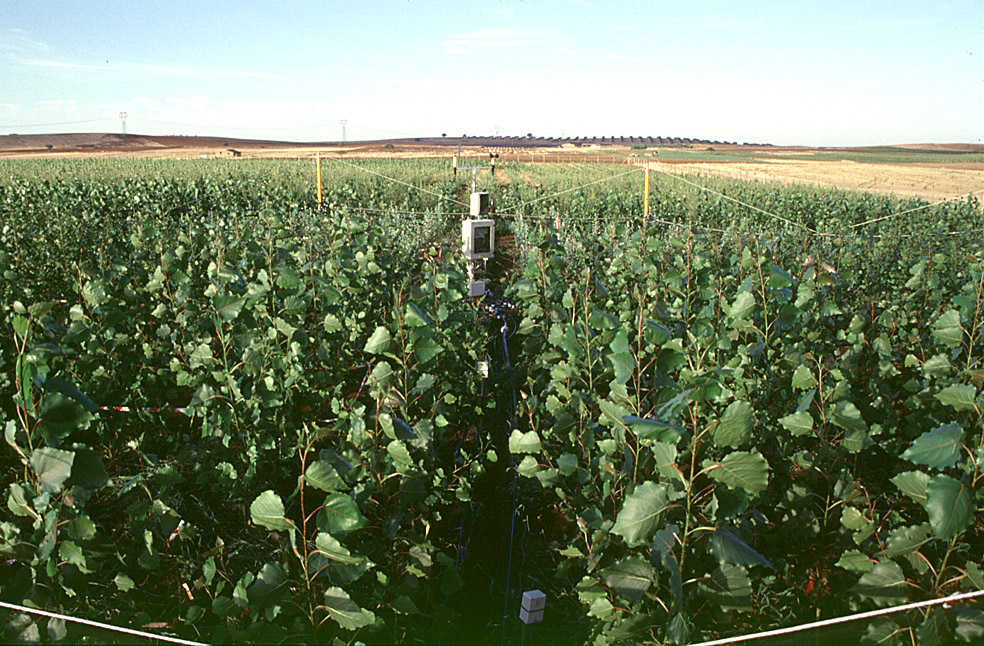
How will global crop yields be affected by increased CO2 levels?
With CO2 emissions, droughts, and heat waves all set to increase in the coming years, it is vital to understand how these changes will affect global crop yields.
Since scientists can’t send seeds into the future and study the impacts on plant growth, models and projections allow researchers to take a brief glimpse in the future and see many different possible scenarios.
However, projections and predictions can only go so far regarding realistically portraying what the future might hold for crops and plant growth.
But what if, instead of zapping seeds into the future, you could bring future climate change to the present and study plant growth?
Outdoor facilities called Free Air CO2 Enrichment (FACE) are working to do just that, as plants in FACE facilities are exposed to higher and higher levels of CO2.
Researchers from the University of California Davis and the University of Southampton in the United Kingdom examined FACE plants in a new study to understand how climate change might impact plant growth.
The study was published in the journal Global Change Biology.
The researchers analyzed plant growth at FACE facilities and compared those responses to plant growth from 11 naturally occurring high-CO2 springs where plants are exposed to high concentrations of CO2.
“The results say, pretty surprisingly, that yes, all of those experiments we’ve done in FACE facilities are giving us a pretty good idea of how plants are likely to respond in the future,” said Gail Taylor, the corresponding author of the study.
The team found that overall, plants respond positively to increased levels of CO2 which is promising for the future when emissions are projected to increase.
However, the researchers say that emissions are not the only thing projected to increase, and if drought and temperatures also increase, plants will not do as well as their FACE counterparts.
“If plants are exposed to higher temperatures and drought, there will likely be negative impacts, overall, so it’s a tradeoff,” said Taylor. “But our analysis gives us confidence that plants are likely to keep responding positively to rising CO2 if no other climatic factors are limiting.”
FACE facilities can tell researchers a great deal about future plant performance, especially for cereal crops that provide a critical source of nutrients and carbohydrates to many countries around the world.
“The analysis shows that it’s possible to test new varieties of plants in FACE experiments before it is critical that they perform in the wider world,” said Taylor. “These ‘time-traveling’ plants that move forward and backwards across the decades can be extremely valuable in understanding how plants are likely to respond to the changes projected as a consequence of anthropogenic climate change.”
—
By Kay Vandette, Earth.com Staff Writer
Image Credit: Gail Taylor/UC Davis













